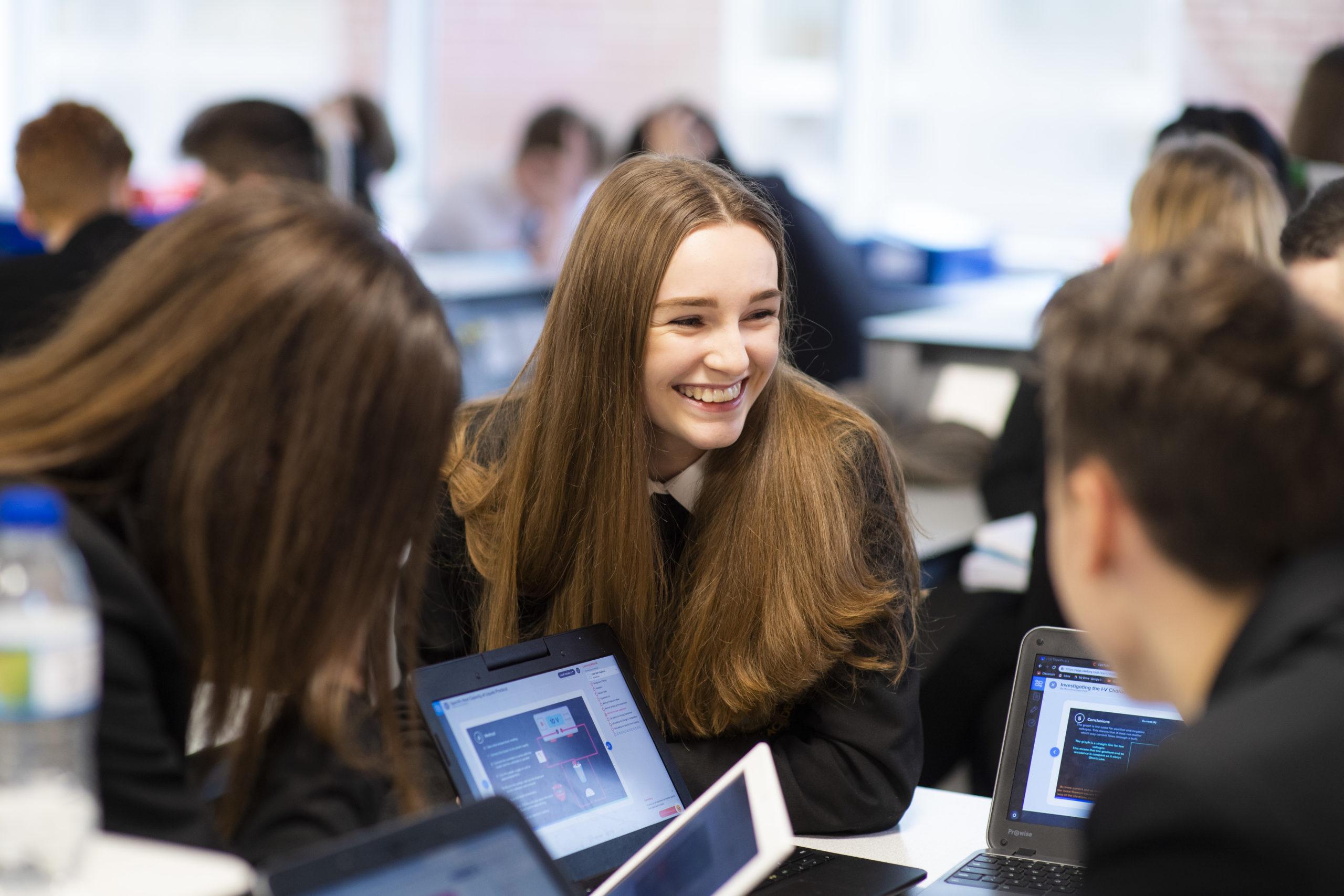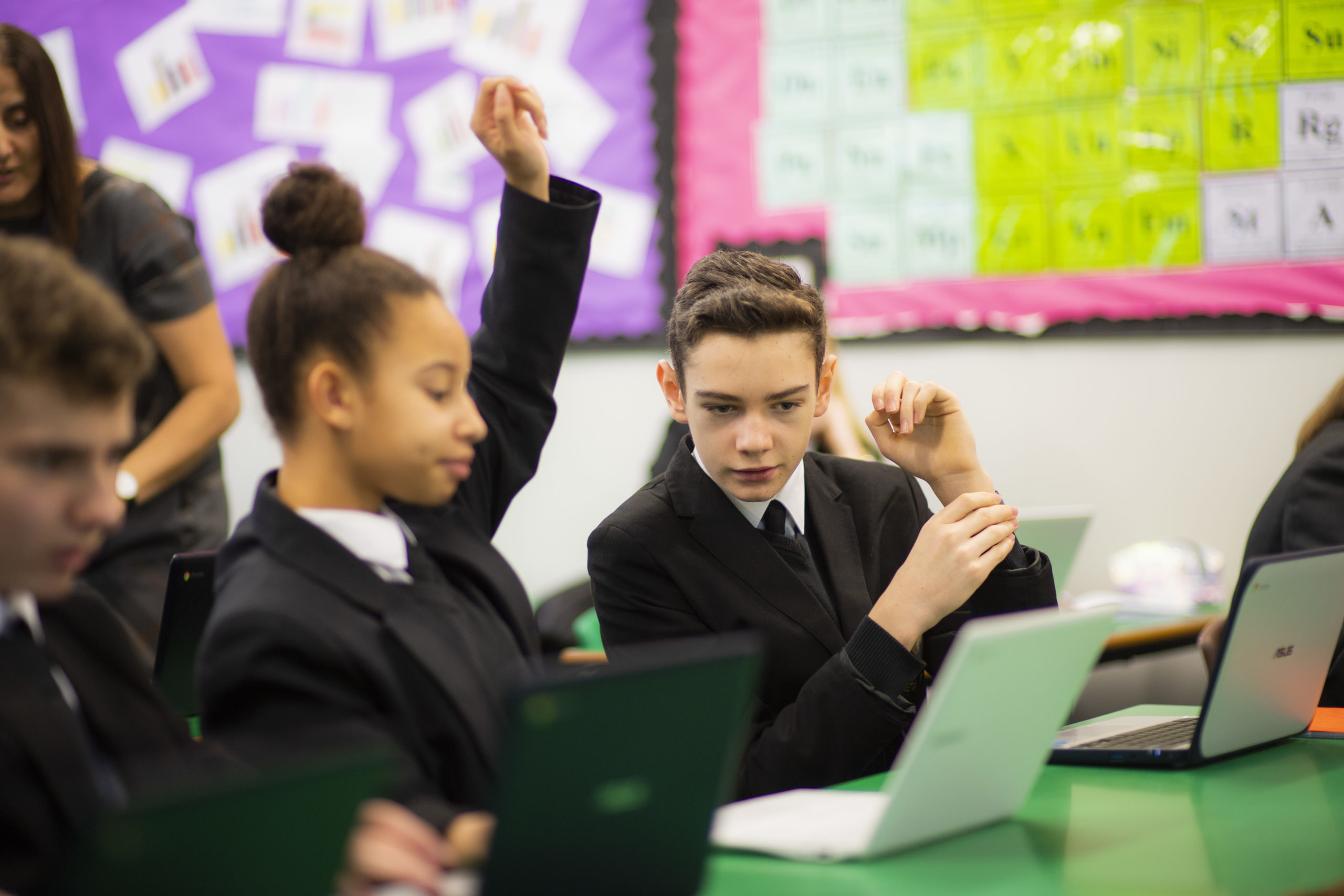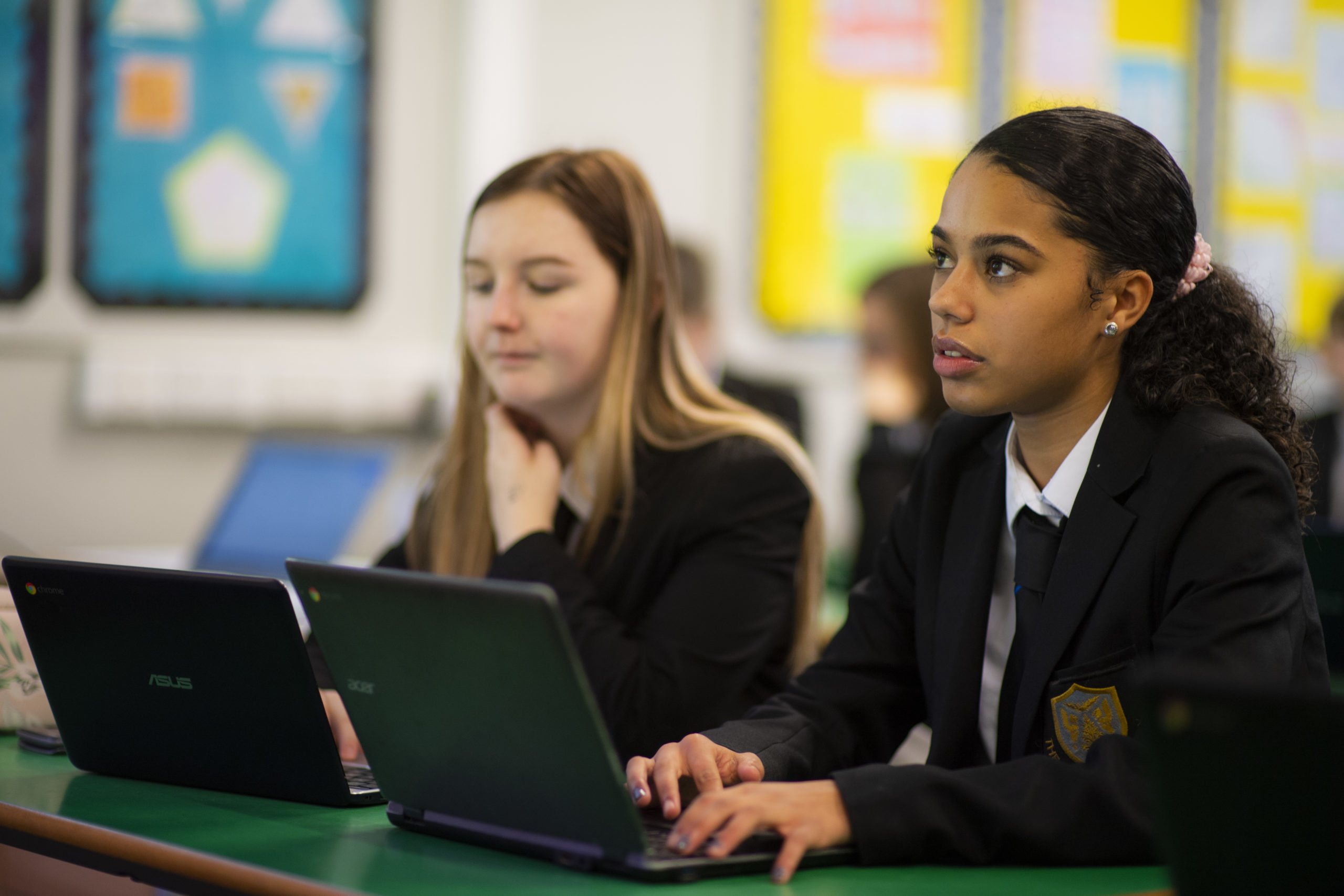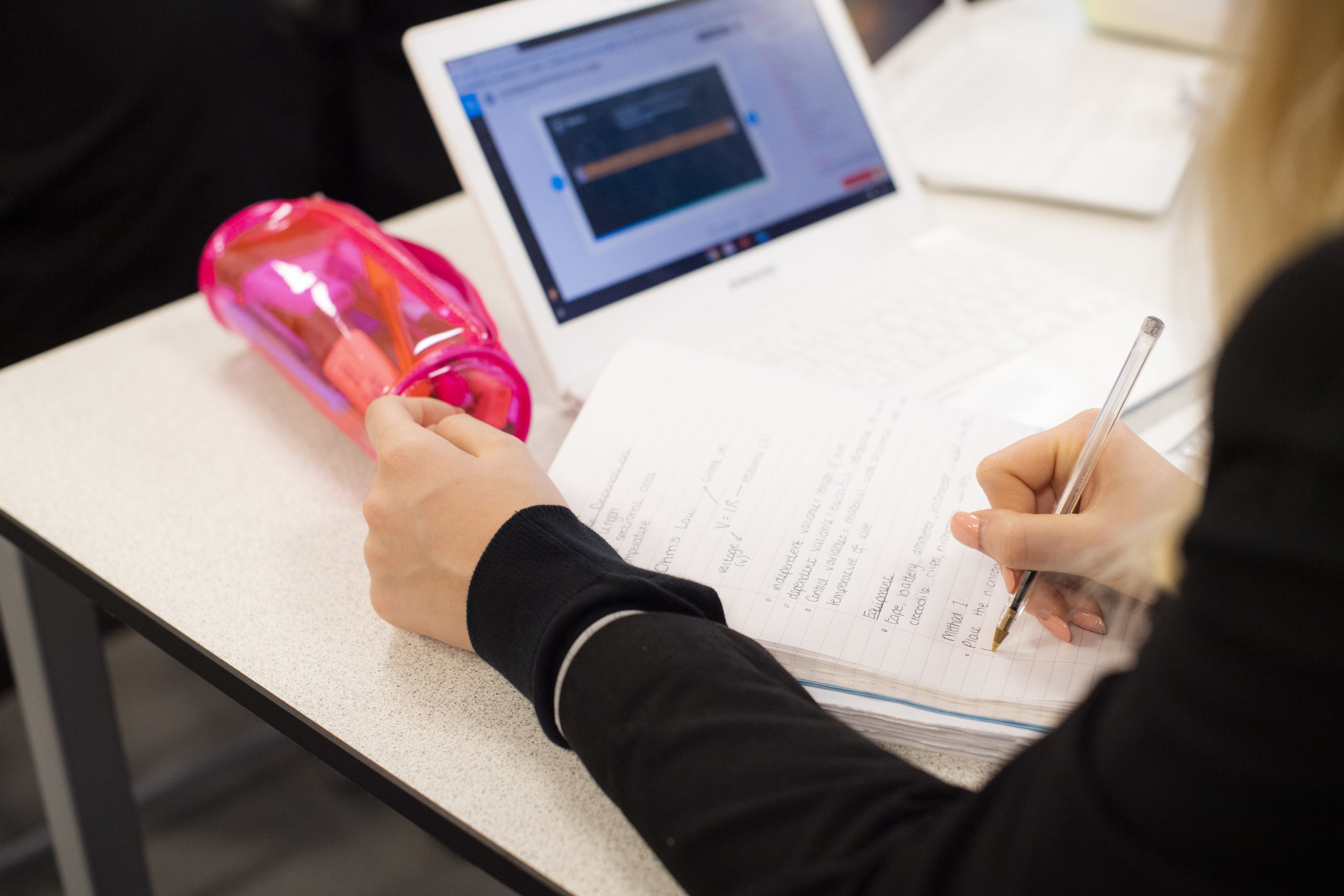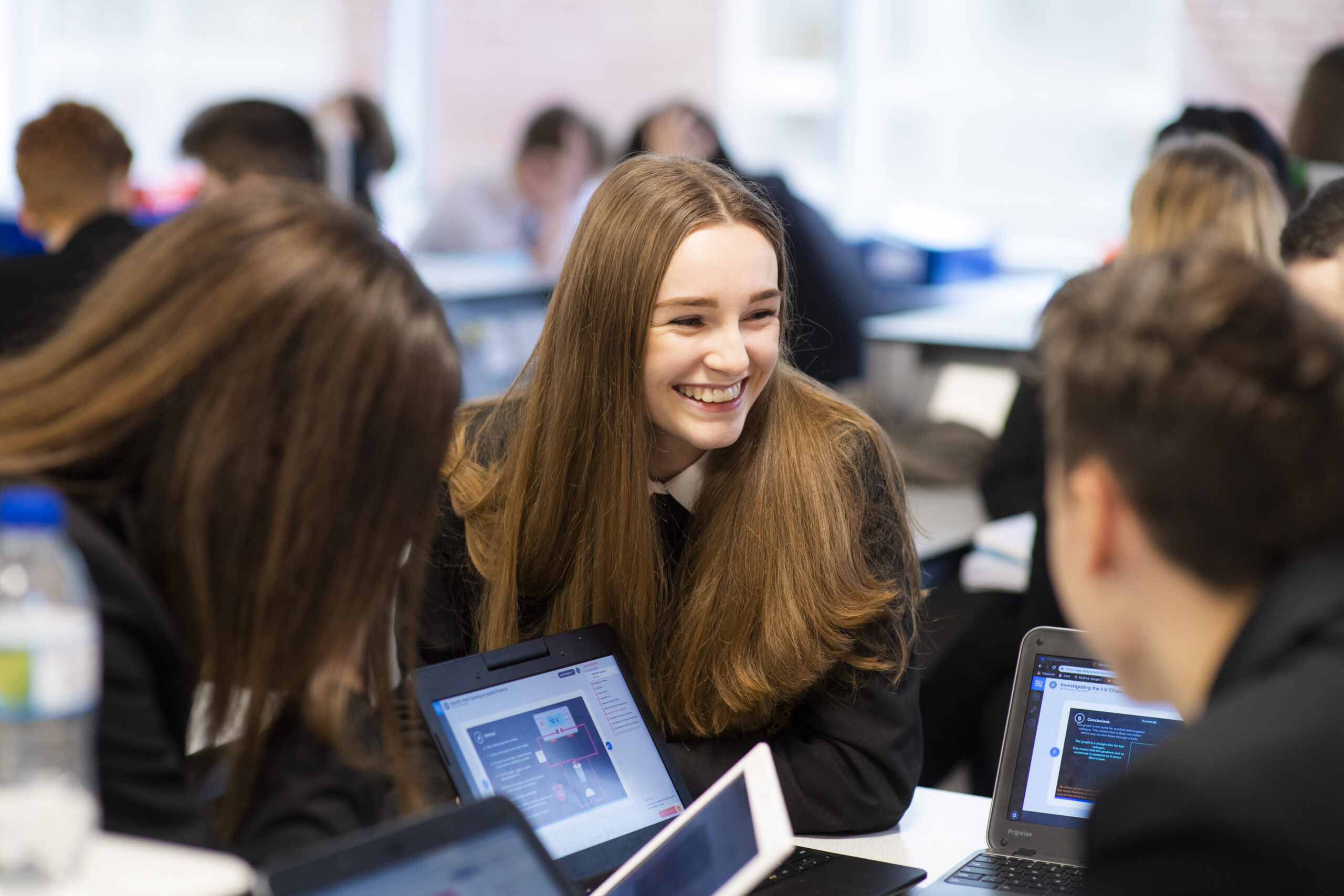Estimated reading time: 7 minutes
Independent learning is when students set goals and monitor and evaluate their own academic development, allowing them to manage their own learning journey. Effective independent learning is a powerful tool for today’s students, who will enter a world of work shaped by wide-ranging innovations in areas such as artificial intelligence. They will face an increasing demand from employers for their employees to have transferable skills, such as initiative and problem solving.
The advantages of independent learning are far reaching. Those who can assess their own strengths and weaknesses are more likely to set appropriate learning goals and be able to evaluate their progress against targets they have personally set. Good independent learners will take responsibility for their own learning and are more likely to adopt proactive approaches and problem solve when faced with challenges, accelerating their pace of progress.
So, what can we do to help embed these skills?
1. Provide clear criteria to help students assess their own progress
Sharing a set of success criteria for students to evaluate their work against empowers them to identify areas for development and recognise when they have completed a task successfully.
This helps to facilitate self awareness and metacognition by challenging students to spend time reflecting on and self-assessing their own work.
It also helps to prevent students from feeling that their efforts are futile if they don’t perform as well as they wanted to in a given task. Instead of thinking “I didn’t do well and I don’t know why, therefore I am never going to be able to do well”, it promotes a shift of mindset to “I didn’t do as well as I would’ve liked, so comparing my work to the success criteria, what could I do differently next time?”.
2. Encourage collaboration and peer support
Independent learning does not necessarily mean working alone; providing opportunities for students to work with their peers is another effective way to encourage the development of the same skills.
Small group tasks are useful to encourage students to learn from each other and develop their own ideas rather than looking to the teacher for information. They will also help to foster skills that will later help them in the workplace, including conflict resolution, task delegation and communication.
Another effective tool is peer assessment. Encouraging students to take responsibility to offer feedback not only assists in the development of metacognitive skills, but also provides opportunity for their interpersonal skills to evolve.
3. Focus on filling in the gaps
In order to learn independently, students have to have a basis to build upon. Where there are substantial cracks in students’ foundations, they may not feel confident or even able to tackle tasks independently. Prioritising the mastery of basic skills allows students to start feeling more confident working away from the classroom with the knowledge that they will not immediately get stuck and require support.
With students progressing at different paces, it is not feasible to keep recapping the same content to the detriment of those who are ready to move on. It is also difficult, if not impossible, to constantly keep track of which specific concepts each student is struggling with.
Using an edtech platform like CENTURY can help, both by providing ready-to-use resources that can be assigned to individual students (or groups of students), and by providing actionable data insights that allow teachers to see what students are specifically struggling with and to quickly target in-person interventions. The platform also creates a personalised, constantly adapting pathway for every student that will automatically direct them to the content needed to plug their gaps in knowledge.
4. Provide actionable feedback
With advances in technology, it has become possible to gather far larger amounts of data on students’ progress than was previously possible. While this is undoubtedly useful in informing your teaching, one of the most important things you can do with the information is to share it with your students in an easy-to-understand way that they can use to inform their next steps outside of the classroom.
Rather than phrasing feedback as “you aren’t quite there with X, but great job on Y”, for example, it could be a case of asking them to try more questions of a certain type on a topic they appear to be finding particularly difficult, or to challenge them to try to explain a concept in more depth.
By providing students with specific feedback that they can use to direct themselves towards their learning goals, you will be promoting student agency and allowing them to gain a deeper understanding of their own abilities and limitations.
5. Empower students to take ownership of their learning
Encourage students to set their own learning goals, so that they can reflect on their interests and preferences and take ownership of their learning. Providing students with choice when designing independent learning sessions empowers them to take control and builds confidence; the more a student perceives that they have an element of control over their learning, the more likely they are to engage in it.
CENTURY provides students with the information they need to inform their learning goals. Students are able to access a personal dashboard that provides useful insights into their strengths, the topics that require more focus and those that provide opportunities for stretch and challenge.
6. Modelling in the classroom
When working through an example question in a lesson, explaining how you are approaching the problem aloud provides students with a framework that they can later follow themselves. It also reminds students of the need to break problems down and ask themselves relevant questions when faced with a roadblock, rather than turning to others for help as soon as they begin to struggle with a task.
By verbalising your metacognitive thinking in this way, you are also helping to develop students’ metacognitive skills, creating learners with the skills and self-awareness to learn independently.
As students complete work in the classroom, resilience can be modelled by simply taking a step back. It is tempting to support students at the first sign of confusion, knowing that you could easily intervene and enable them to overcome the problem they are facing, but by holding back, students will eventually learn to try different approaches to solve their problems independently.
Learn more about how CENTURY can support the teaching and learning at your secondary school.
